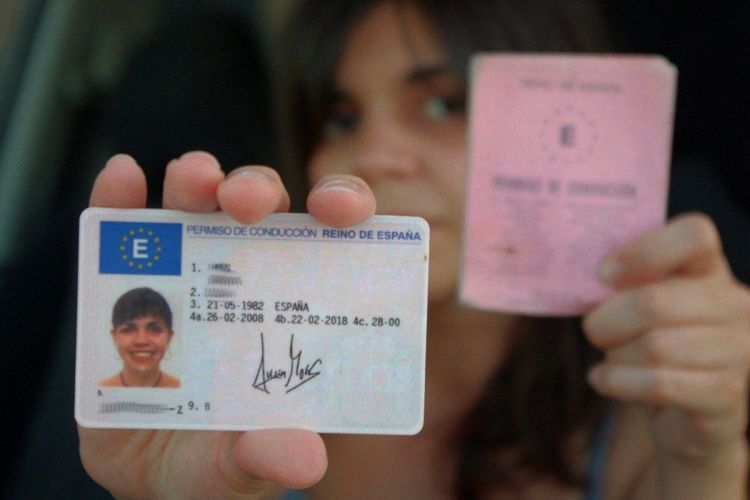There are two formulas that a driver has to recover the points lost on his driving license. The first of these consists of not committing any infraction for two years and the second involves carrying out a road awareness and re-education course. It has been pronounced on this formula the Court of Justice of the European Union, which considers the system used by the DGT to distribute the awards to teach these courses illegal. The General Directorate of Traffic will study the ruling of the CJUE when it receives it.
Before analyzing what the European courts have said about the DGT courses, it is necessary to know how this distribution works. Spain (with the exception of Catalonia and the Basque Country) is divided into five zones. It was in 2014 when the General Directorate of Traffic announced a tender for award, through a public service concession, the management of the courses with which drivers can recover points.
He shaped five lots (one per zone) and the successful bidder selected for each of them thus became the only one that could teach the aforementioned courses in the corresponding area. Control of this point recovery system was exclusively his.
The 2018 judgment
With this starting point, the Association for the Defense of the Common Interests of Driving Schools (AUDICA) considers that the system chosen by the DGT for the distribution goes against the common rules of free provision of services. So decide bring the matter before the Spanish courts and it is joined by the Public Prosecutor’s Office as part.
In a November 2018 ruling, the National Court upholds the appeal annulling the tender decision. That resolution is raised to supreme court by the General State Administration and the National Confederation of Driving Schools (CNAE). The verdict of the Court of Justice of the European Union, which we are now familiar with, is a response to the question referred by the Supreme Court of Spain and means that the DGT would have to change the model of the points recovery courses.
The arguments of the Court of Justice of the EU
What does the Court of Justice of the European Union say? It considers that the system chosen by the DGT to award the courses with which the points are recovered is against freedom of establishment (protected by European regulations) because limiting them to a single concessionaire per geographical area is a disproportionate condition.
It also points out a major limitation to that freedom because it establishes a division of Spain into five zones and each of them, only a single successful bidder can provide the service. And he recalls that these limitations on the freedom of establishment are only authorized in the European Union if they are not discriminatory and if, at the same time, they are necessary and proportionate.
Add that the formula it does not comply with Community legislation on the free provision of services because it goes beyond what is necessary to achieve the established general interest objective: to improve road safety. And it is that the Court of Justice of the European Union believes that there are less restrictive measures to achieve the objective and recalls that an administrative authorization regime (such as the one that driving schools have) is a valid formula.





